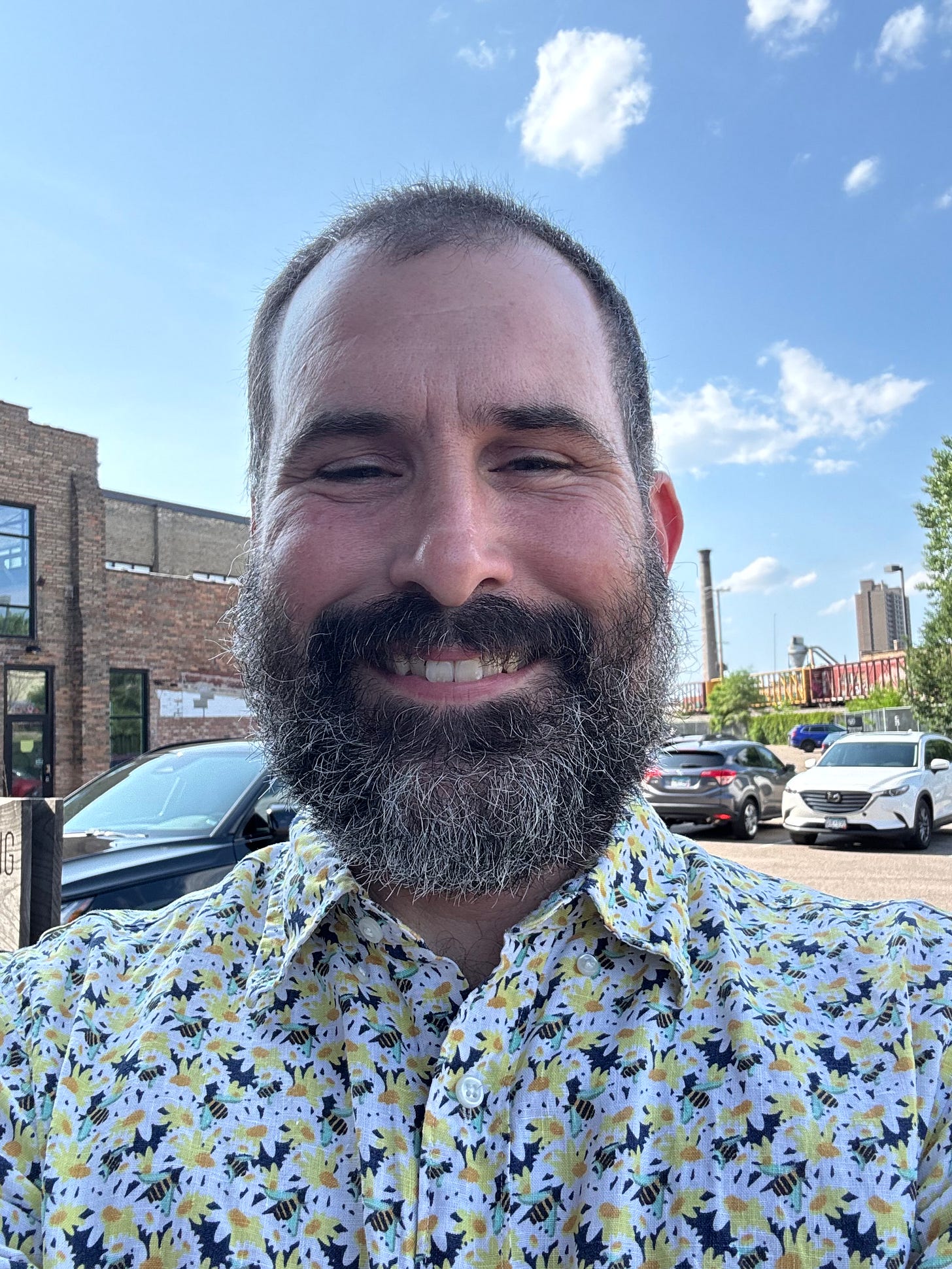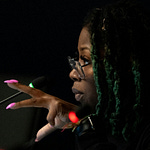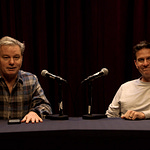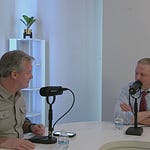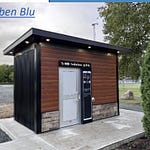The 2017 Election Still Resonates
The 2017 Minneapolis municipal election marked a turning point in politics. That year, Jacob Frey left his Ward 3 council seat to run for mayor—and won. In Ward 8, Council Member Elizabeth Glidden stepped aside, clearing the path for her aide, Andrea Jenkins, to run. Jenkins defeated me—Terry White—by a margin of 73% to 13%. I ran as a Green Party candidate, which at the time still held major party status in Minnesota.
I wasn’t alone. I was part of a small but active group of Greens that included Cam Gordon, LaTrisha Vetaw, and Billy Menz. LaTrisha won her race for At-Large Minneapolis Park and Recreation Board Commissioner and later unseated Phillipe Cunningham in 2021 to become the Ward 4 Council Member. Billy lost his first campaign for District 1 MPRB Commissioner to Chris Meyer, but persisted. In 2021, he won the seat he now holds.
When I first ran, a common question stumped me: “How are the Greens different from the DFL?” I believed the Greens were further left, but I hadn’t noticed how far the DFL had shifted. By 2017, significant portions of the party had embraced positions more radical than mine. My environmental policies seemed too tame. Calls for good governance were already giving way to loud appeals rooted in identity politics and resistance to Trump. I hadn’t kept up with the redefinition of what it meant to be a Democrat.
Today, the Green Party is no longer a major party in Minnesota. In 2024, the state legislature raised the threshold for major party status from 5% to 8% in a statewide election. The change has made it even harder for alternatives to the two major parties to gain a foothold, and it has diluted what “DFL” means. In Minneapolis, nearly everyone now runs as a DFL candidate, whether they’re Greens, Democratic Socialists (DSA), or independents. The resulting internal divisions are threatening to fracture the party.
City politics would benefit from some structural changes:
Enact a primary system to replace the outdated and exclusionary caucus-convention process.
Consider a proportional representation model, used in many democracies. In such a system, if Greens win 15% of the vote, they get 15% of the council seats. Democratic Socialists could present their platform to voters directly, rather than relying on confusing dual endorsements from both DFL and DSA. Add ranked-choice voting into this muddled mix, and voters are left baffled.
I caught up with Billy recently to talk politics, which we rarely do. These days, he’s more likely to be coaching baseball or biking to a community event. Still, looking back at 2017, it’s clear the ripple effects of that election continue to shape today’s political debates and the structure of public life in Minneapolis.
Interview Summary
Billy Menz, current Minneapolis Park Board Commissioner for District 1, is running for re-election, emphasizing youth programming, riverfront development, and inclusive governance. A longtime teacher and AmeriCorps alum, Menz connects his educational background to his work on the Park Board, advocating for accessible, enriching spaces for children and communities. He highlights projects like Spark Studios, a new tech-focused initiative within recreation centers, and stresses the importance of connecting youth to nature as a way to counteract the harmful effects of digital life. His priorities also include deepening engagement with Indigenous communities and transitioning the Park Board’s role from land ownership to stewardship.
Menz also discusses the Park Board's financial challenges, notably the impact of declining downtown commercial property values on property tax revenue. He explains how this has led to a heavier tax burden on homeowners and potential strain on park programming. Menz supports efforts to collaborate across departments, citing the creation of a stormwater management fee and working with the Minneapolis Parks Foundation on capital projects like North Commons. He’s candid about past controversies, including his decisive vote on the Mall Park redesign, his opposition to the Hiawatha Golf Course redevelopment plan due to racial and historical concerns, and his support for workers during recent union strikes, calling for more transparent and inclusive labor negotiations.
Throughout the interview, Menz maintains that his focus is on public service, not political ambition. While he’s seeking the DFL endorsement, he critiques the party's internal conflicts and calls for more unity and humility in local politics. He underscores the Park Board's role as a democratic institution and cultural cornerstone in Minneapolis, noting how even local parks serve as community hubs and tourist destinations. With his re-election campaign, Menz hopes to continue shaping a park system that is equitable, responsive, and rooted in stewardship for future generations.



